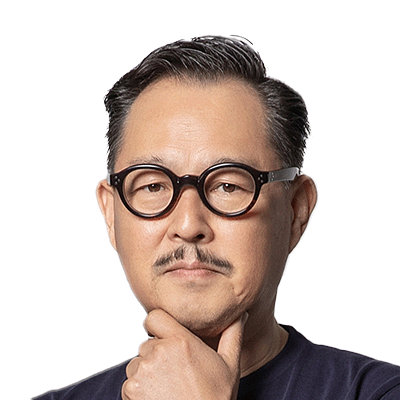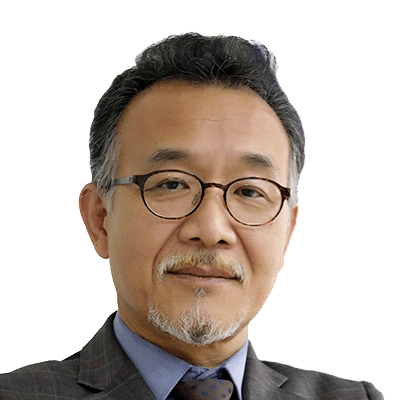Industrial design
Industrial design is a comprehensive academic field closely related to various fields such as humanities and sociology, business administration, engineering, and aesthetics as a formative activity to determine the shape, structure, and functional characteristics of industrial products mass-produced by industry. In addition, it is participating in the Department of Architecture's linkage major and the Department of Engineering's design engineering convergence major, creating an environment where you can experience various convergence designs. Industrial design is expected to contribute to the development of new living cultures and the development of industries in the future advanced information society through various interdisciplinary approach efforts, collaboration, and insights into various lifestyles. Main activities After graduation, he is a designer in charge of design management and design practice of domestic and foreign industries, and has the opportunity to enter as a researcher in the field of design specialized companies and venture companies.
Concentration
-
프로덕트디자인
Product Design
It develops products, functionality, and aesthetics by mass production, commercializes electronic products such as mobile devices and home appliances, props that form specific ideas, or various household goods.
-
리빙웨어디자인
Livingware Design
For humans, who are the subjects of consciousness, the space of life where they spend much of their daily lives is very important. This process consults and designs all living wear used and placed in the space and builds prototypes as a result.
-
운송기기디자인
Transportation Equipment Design
It is a field that designs ships, aviation, and spaceships in addition to cars that modern people commonly know. Transportation design, which has a longer lifespan or trend cycle than product design, is becoming larger and larger in scale as the speed war in modern society continues.
-
도시·공간디자인
Urban · Space Design
It acquires data collection and systematic analysis methods for urban and spatial planning, and based on this, it cultivates the ability to make integrated planning of spatial design suitable for user needs. It cultivates the ability to explore denser three-dimensional urban spaces with a more macroscopic perspective by learning and exploring various cases.
-
서비스디자인
Service design
Service design is a process of learning mental and intellectual design activities that improve the quality of service by maximizing the comfort and satisfaction of the customer's perspective beyond the design of existing physical goods.





